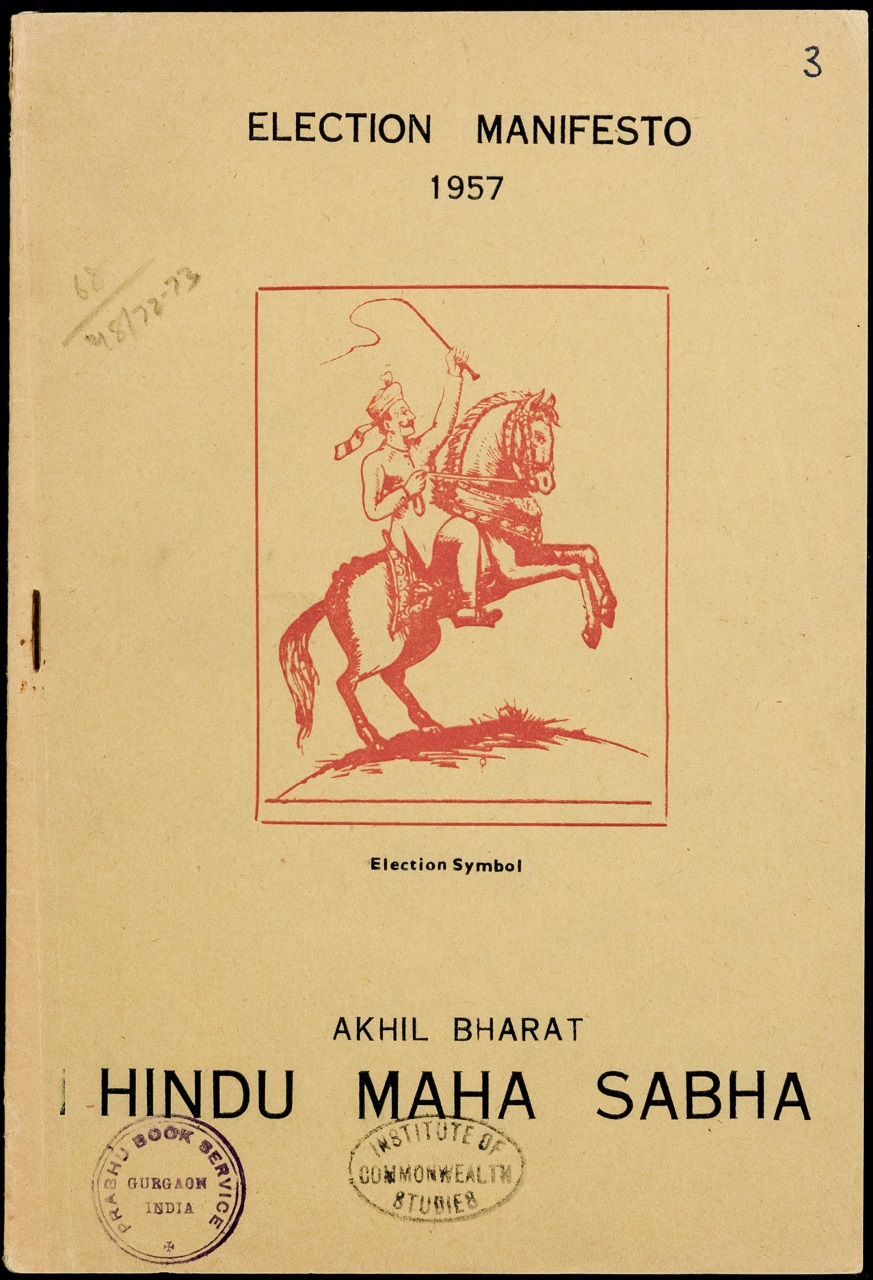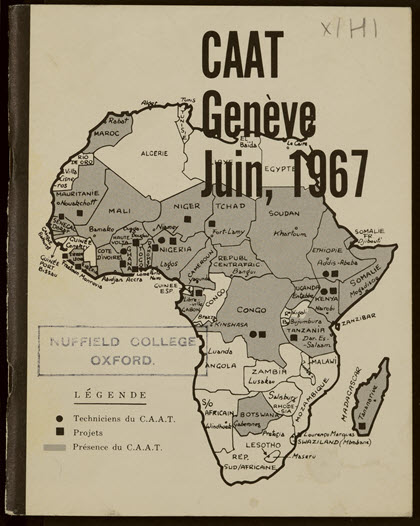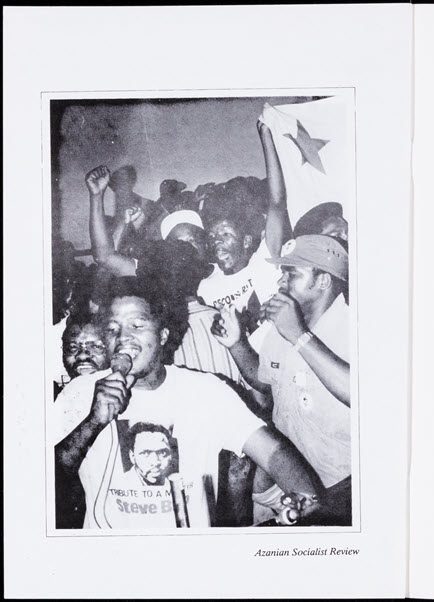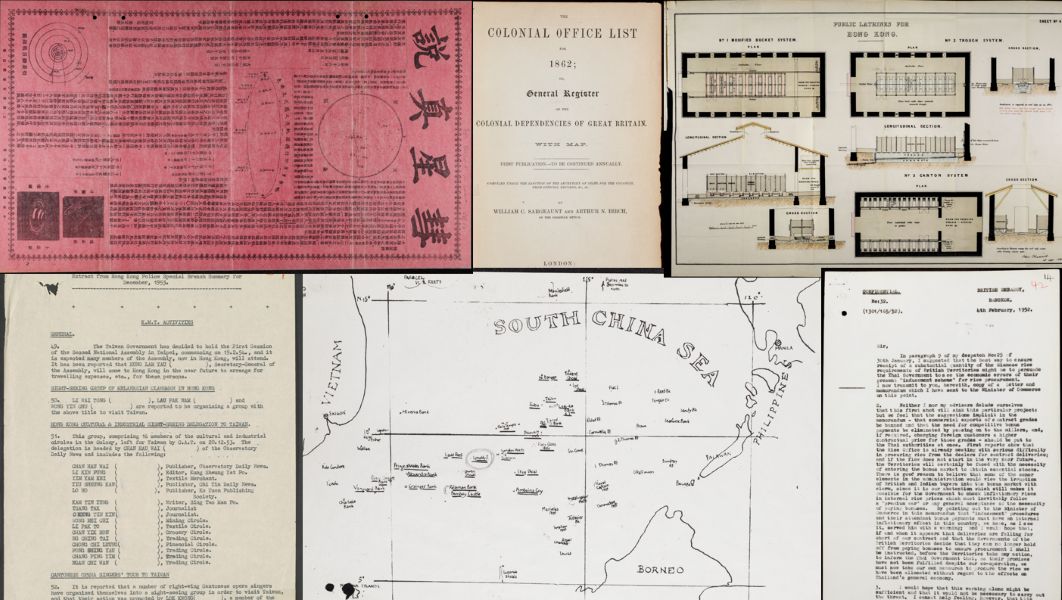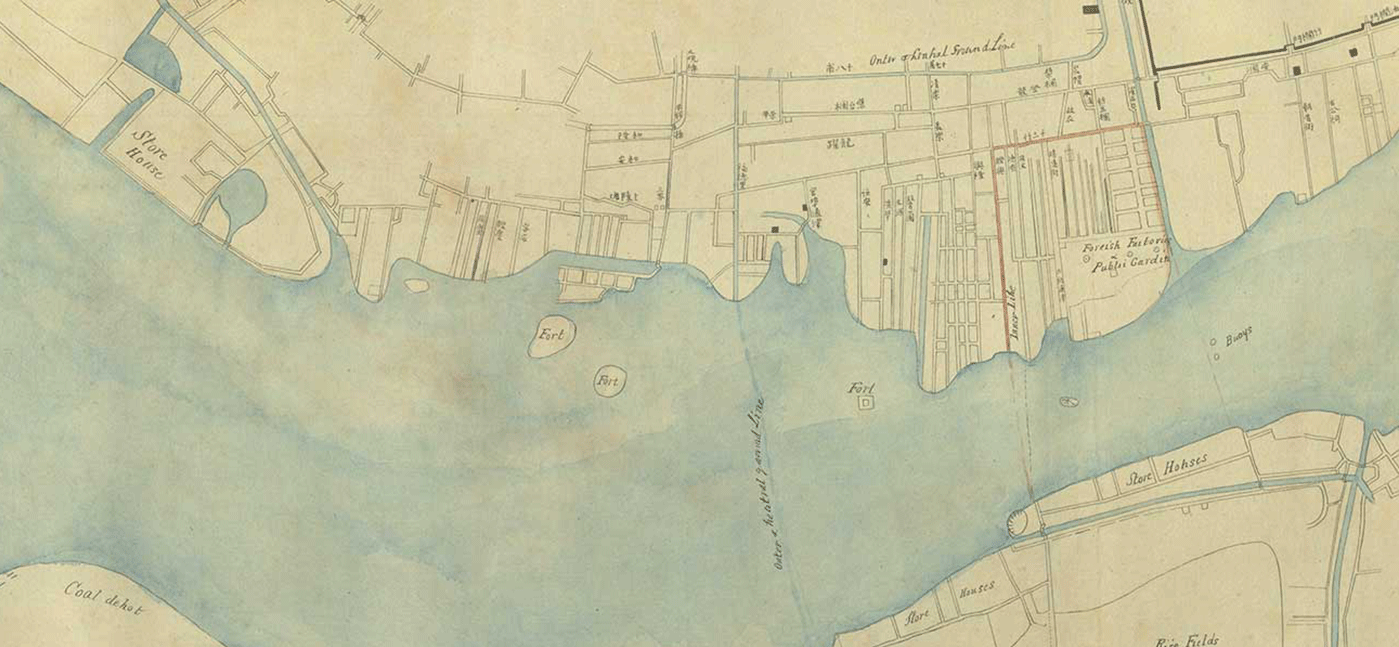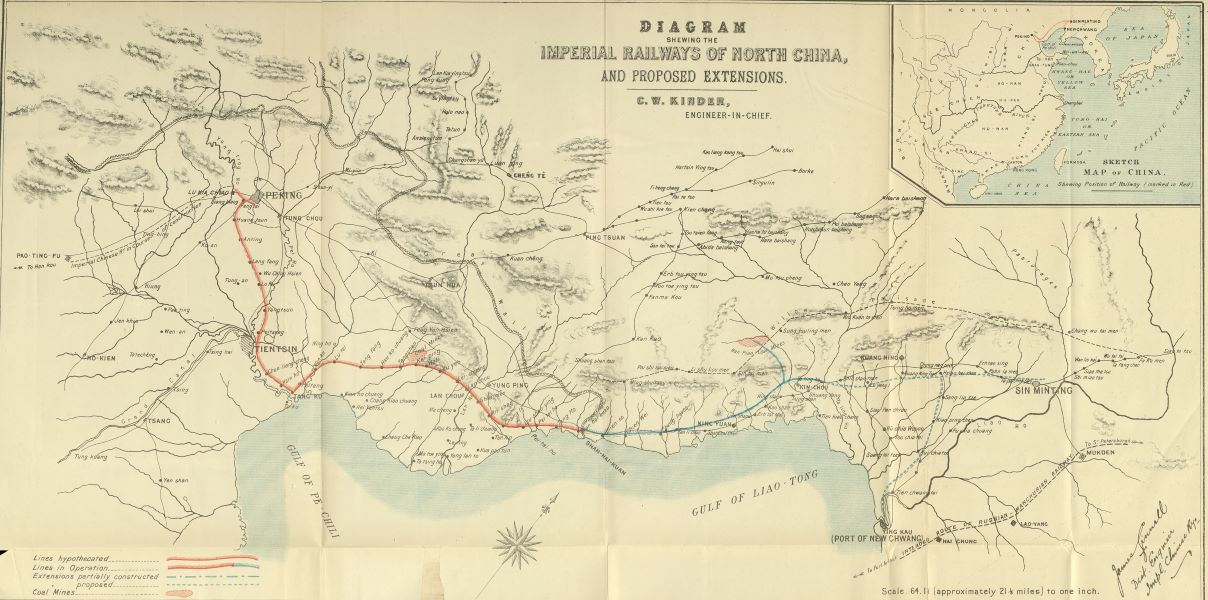Bring the Voices of Formerly Colonized and Commonwealth Peoples to the Forefront of History
![]() Decolonization is a 2023 SIIA CODiE award finalist for Best Research Database Solution
Decolonization is a 2023 SIIA CODiE award finalist for Best Research Database Solution
The voices of local players who helped forge their country’s new direction are crucial to research related to decolonization. In this collection of firsthand perspectives, researchers can explore decolonization as a historical process in which over 70 countries and territories emerged from colonial or imperial structures into independence.
Decolonization: Politics and Independence in Former Colonial and Commonwealth Territories presents political ephemera and organizational material produced in previously colonized countries and territories throughout the twentieth century. Largely eschewing the accounts of European colonial powers, this wide-ranging collection helps researchers explore decolonization as a process sparked from within, specifically the changing or adapting of systems from an imposed imperial or colonial structure after 1945 and up to the present day. The archive sheds light on national political developments that followed decolonization and how former colonies negotiated their own agency and futures.
Get a Global View of Postcolonialism
With primary sources from over 70 countries and territories, the Decolonization archive gives greater context to the range of political movements and the individuals who shaped developments in new systems in the postcolonial world. Party and grassroots politics in these regions often took many forms after the liberation of colonized people. Give researchers an inside look at how decolonization played out in countries and territories across the globe following critical periods like World War II and the Cold War.
Encourage researchers to draw comparisons between different political movements within newly independent countries and Commonwealth territories in the 1960s and 1970s, and to discover how and why self-rule developed differently in each region.
How the Archive Supports Research:
- Cross-Disciplinary Studies Support: Is relevant to faculty and researchers within area studies, anthropology, history, international relations, political science, transnational studies, and sociology departments.
- Relevance to Academic Trends: Responds to increased interest in once-neglected areas of academia, such as African history and politics as well as the history and politics of former colonies beyond colonialism.
- Greater Perspectives and Representation: Provides an opportunity for less Eurocentric, state-led readings of decolonization through access to non-Western primary source documents, including diverse and Indigenous voices produced by, for, and about the people and politics of the areas represented.
- Broad Regional Focus: Illuminates a wide geographical reach, from Aden to Zanzibar, including regions that are often underrepresented in primary source collections.
- Range of Content: Accessible primary sources from a wide territorial range permits analysis and comparison of different parties and movements within one country as well as comparisons across multiple countries.
- Researcher Support: The material is mostly in English, making it accessible to a Western or Anglophone audience and useful for teaching multiple disciplines at the undergraduate level and above.
Content Highlights:
- The development of party politics and other local and national movements in former colonies and dominions across Africa, Asia, the Caribbean, Oceania, and the Americas.
- Voices of key figures who were influential in the development of modern political thought, such as Cheddi Jagan, Nelson Mandela, and Eric Williams.
- Information on trade unionism and international links between organizations.
- Major events such as the strikes in Guyana in 1953 and 1964; protests around civil rights in India in the 1940s and 1950s; and moments of political violence in South Africa, Grenada, and Zimbabwe.
- Debates around economic development and government policy, particularly those of Australia, New Zealand, Canada, and India.
- Discussion and development of national constitutions, alongside election manifestos from many parties.
Collections Included:
- Political Pamphlets from the Institute of Commonwealth Studies: The Political Parties material is composed of three distinct series, representing Political Parties, Pressure Groups, and Trade Union Movements in current and former members of the Commonwealth around the world. The wide array of twentieth-century sources includes pamphlets, manifestos, newsletters, correspondence, posters, and pins from over 60 countries and territories in Africa, Asia, the Caribbean, Oceania, and the Middle East. The majority of the material dates from the 1960s and 1970s and contains solid coverage from Australia, New Zealand, India, South Africa, and Canada.
- Marjorie Nicholson Papers from the Trades Union Congress Library: Explore the work of the Trades Union Congress International Division. Discover primary sources and discourse covering the co-operative movement in the United Kingdom and the Commonwealth, colonial welfare and development, and the evolution of forced labor in the colonies throughout the twentieth century. Insight into self-determination and postcolonial development is also included for decolonized India, Africa, and the Caribbean.
- Papers of African Trade Unions, Nuffield College, University of Oxford: Dive into the constitutions, press statements, manifestos, and more, of African countries throughout their decolonization and development as independent states. This collection includes resources representing Ghana, Nigeria, The Gambia, Guinea, Kenya, Sudan, Angola, Botswana, Swaziland, Gabon, Tanganyika, Uganda, West Africa, Nyasaland, Cameroon, and Sierra Leone.


